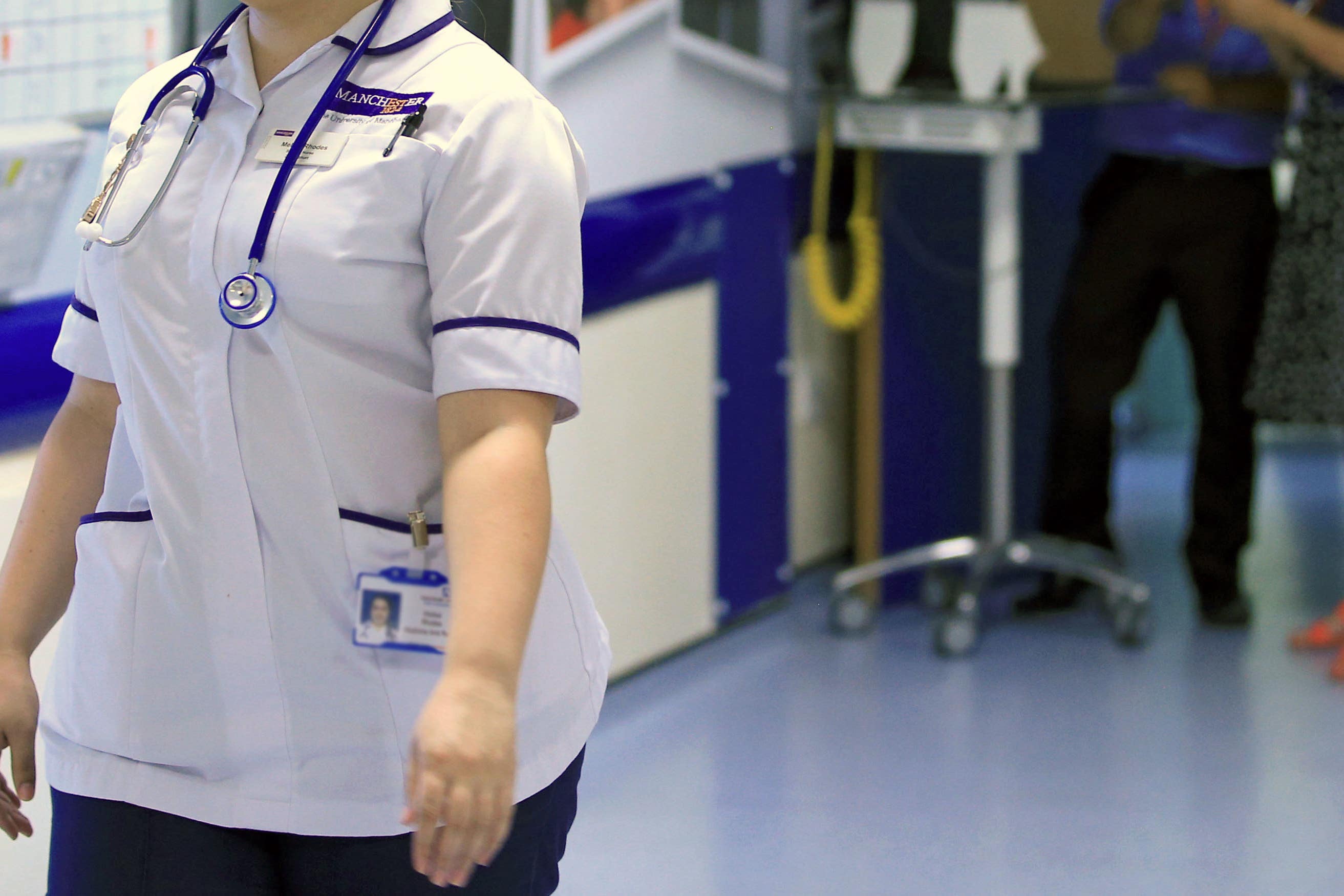New national NHS guidance aims to help health staff through menopause
NHS England chief executive Amanda Pritchard said taboos around the subject must be broken.

Your support helps us to tell the story
From reproductive rights to climate change to Big Tech, The Independent is on the ground when the story is developing. Whether it's investigating the financials of Elon Musk's pro-Trump PAC or producing our latest documentary, 'The A Word', which shines a light on the American women fighting for reproductive rights, we know how important it is to parse out the facts from the messaging.
At such a critical moment in US history, we need reporters on the ground. Your donation allows us to keep sending journalists to speak to both sides of the story.
The Independent is trusted by Americans across the entire political spectrum. And unlike many other quality news outlets, we choose not to lock Americans out of our reporting and analysis with paywalls. We believe quality journalism should be available to everyone, paid for by those who can afford it.
Your support makes all the difference.NHS staff should be given the “right support” during the menopause so they can thrive at work, a top health boss has said.
The first ever national NHS guidance on menopause urges line managers and leaders to normalise employees asking for help and to consider flexible working as a measure to help colleagues cope with symptoms.
NHS England chief executive Amanda Pritchard said taboos around the subject must be broken and simple steps such as cooler uniforms and fans to reduce temperatures should be happening “right across the board”.
Speaking at the Confederation of British Industry (CBI) conference on Tuesday as the guidance was launched, she said addressing difficulties faced by staff is “not just a matter of respect” but also “an investment in our workforce”.
She said: “Women between the ages of 45 and 54 alone make up a fifth of all NHS employees, which means up to 260,000 staff could experience the menopause at work, and for many women it can be a difficult transition.
“I want all those facing that transition in the NHS to have access to the right support to stay in and thrive at work, which is why we are launching new national guidance to help women through the menopause – boosting awareness and supporting teams to put in place practical measures in the workplace.
“While some local teams are already implementing initiatives to support women experiencing menopausal symptoms – simple steps like flexible working, fans to help with more comfortable temperatures, cooler uniforms and staff training – I want to see this happening right across the board.
“This is not just a matter of respect for our staff, but an investment in our workforce, future sustainability and the quality of patient care – and as one of the largest national employers, I am proud to say the NHS is pioneering this work.
“Women should feel they can talk openly about the menopause, so we must break the taboos, increase support and help more women thrive at every stage of their working lives, and opening up the conversation is the first step.”
NHS England said the guidance announced this week will be followed up after winter with training packages for line managers, HR and Occupational Health.
It said the guidance, training and implementation support have been intentionally designed to be transferable to other workplaces, not just those in the NHS.